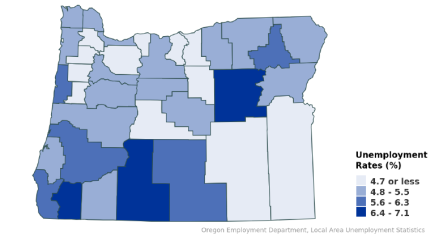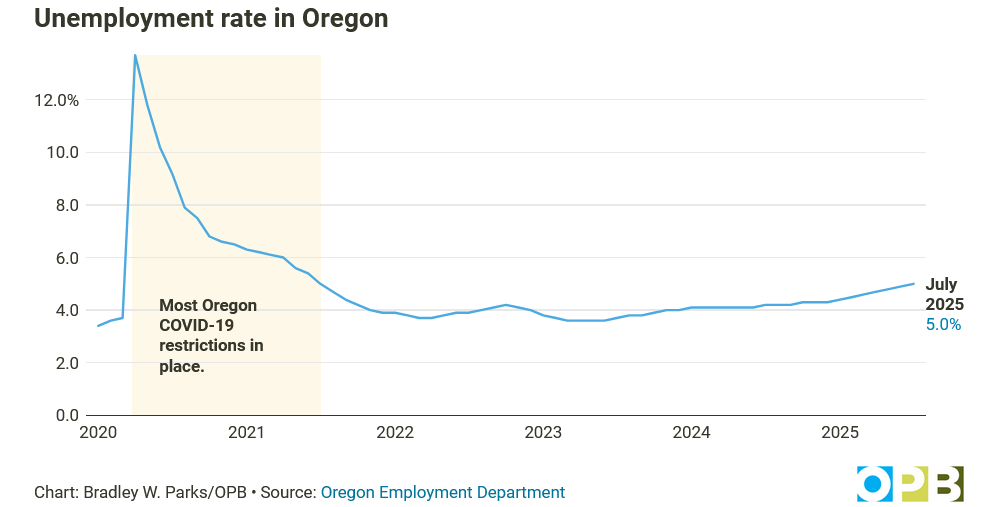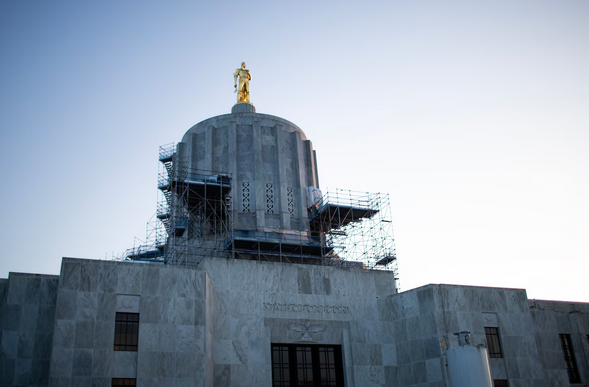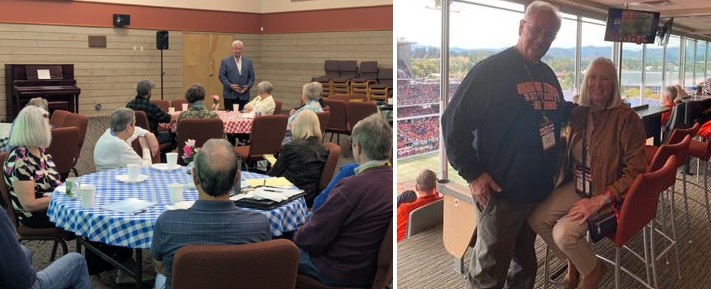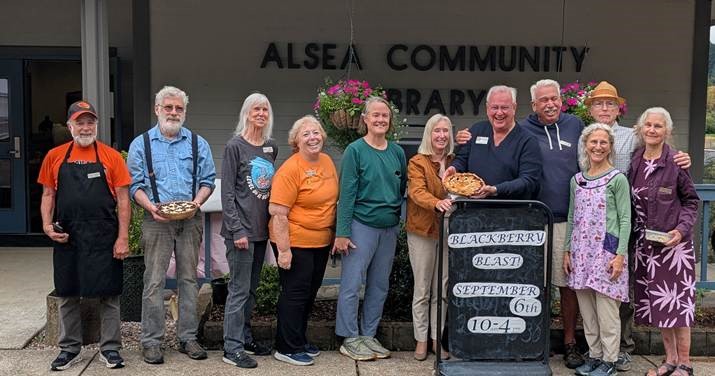| I know that this vote isn’t popular with everyone, and as the House debated the bill, some lawmakers were already warning about how they intended to use it as an attack in the next election. That’s politics. I’ve been more than willing to break with my party when I think they’re wrong. But I’m also not afraid to take a hard vote when it’s the responsible thing to do.
Early this year, I questioned a larger package that asked too much of taxpayers. I pushed for changes. We made important adjustments to the bill, even in the final days, to make it more bipartisan and fairer to taxpayers.
What I ultimately voted for is one-third the size of that original proposal. It took months of negotiation and compromise, but what we approved is a narrow, targeted fix. It keeps our roads safe and maintained. It includes overdue accountability and transparency reforms, including a full audit of ODOT. And half of the money raised by the bill will go straight to cities and counties, for local leaders to spend on their communities’ transportation needs.
That means millions of dollars for Newport, Philomath, Waldport, Lincoln City and Lincoln, Benton, and Lane Counties.
There were, of course, plenty of alternative proposals to find the money.
I heard much about wasteful or unproductive spending in other state agencies. And I don’t disagree! We can and should do better. But I also believe roads should be paid for by people driving those roads and not with reductions to housing, health care, fire response, or schools. I hear suggestions to divert emergency reserves. But that $100 million in one-time funding would not solve a $350 million ongoing funding gap we need to address in our State Highway Fund. I even heard inflated proposals to rent out space in the ODOT building.
There are millions in state highway fund dollars committed to other programs that could go to operations and maintenance. Add them up, and it looks like Oregon could pretty much avoid new taxes and fees to solve ODOT’s operations and maintenance gap. But those aren’t particularly good options, according to a thoughtful editorial in the Bend Bulletin.
What we voted on was the most responsible, least costly, workable solution.
Failing to pass the transportation package would mean drastic cuts to basic safety and maintenance of our roads and bridges. Rural communities need those roads to get our kids to school, to drive to work, or to get an ambulance when God-forbid, we face an emergency. ODOT would need to lay off hundreds of workers and close maintenance stations, cuts we can’t afford with wildfires looming and winter snows around the corner. For all increases proposed, this bill asks the typical driver to chip in about $5.50 more a month to make sure that doesn’t happen.
Going forward, I’ll be focused on making sure the Legislature effectively uses its new oversight powers to reform how ODOT does business, that your tax dollars are being put to use in our community to make our streets safer and less congested, and continuing the conversation about how we fund Oregon’s transportation needs over the long-term without asking more of working people or hurting local businesses. I hope you’ll stay engaged and help me with that work. |
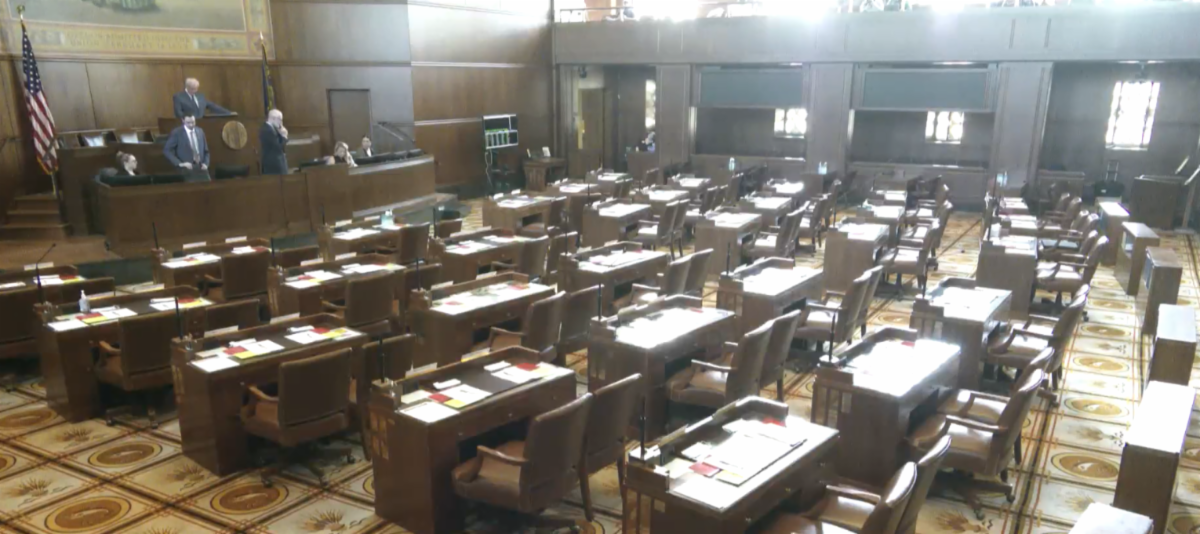 Without around $300 million more in its current two-year budget, the Oregon Department of Transportation plans to lay off nearly 10% of its workforce and reduce services throughout the state. Those layoffs were slated to take effect September 15, after the point lawmakers are now expected to take up the funding package. But Governor Kotek announced Tuesday she would push back the potential layoffs until October 15, saying she has assurances from Senate leaders the bill will pass once Gorsek returns.
Without around $300 million more in its current two-year budget, the Oregon Department of Transportation plans to lay off nearly 10% of its workforce and reduce services throughout the state. Those layoffs were slated to take effect September 15, after the point lawmakers are now expected to take up the funding package. But Governor Kotek announced Tuesday she would push back the potential layoffs until October 15, saying she has assurances from Senate leaders the bill will pass once Gorsek returns.




